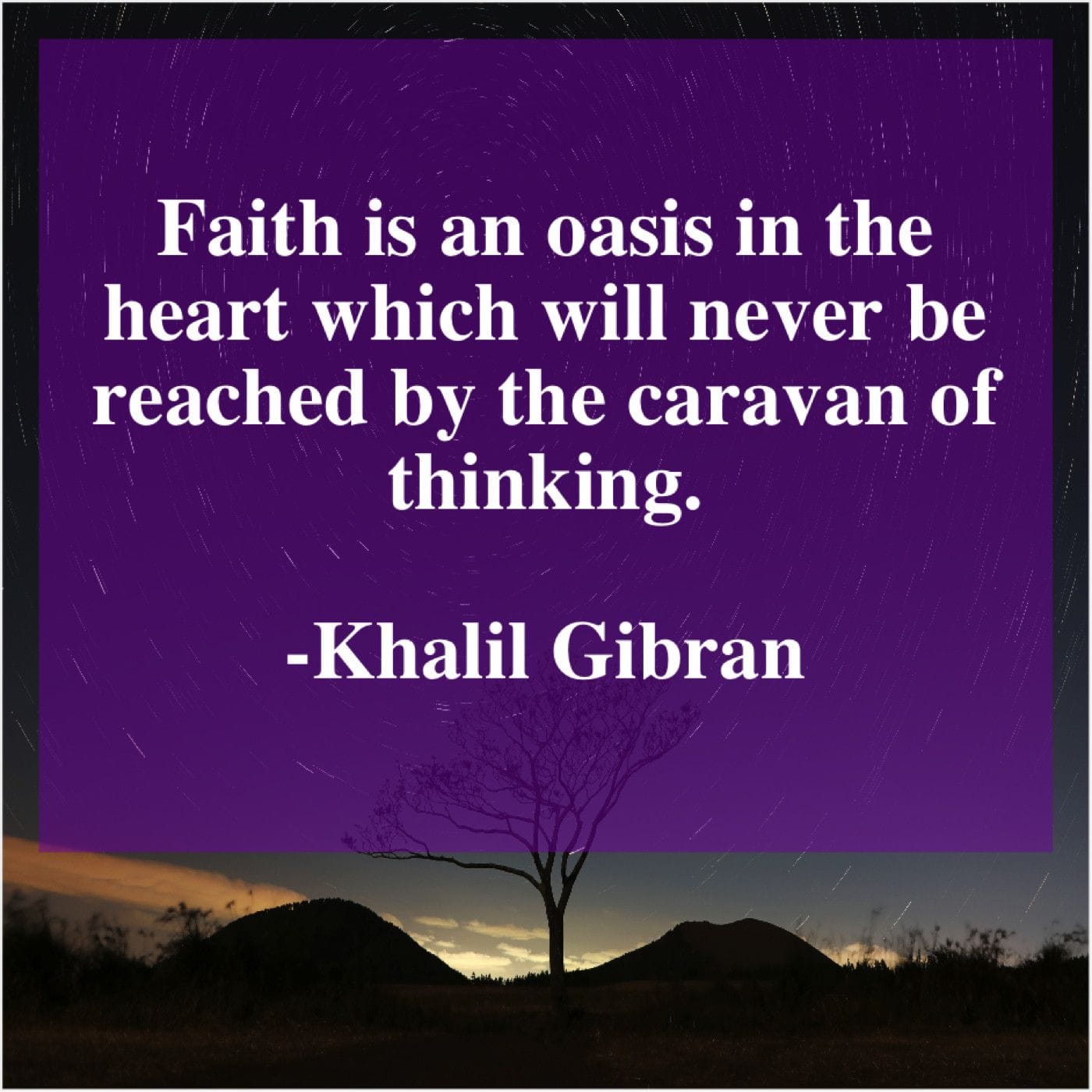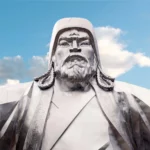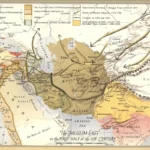Gibran’s Poetic Vision of Lebanon
Khalil Gibran’s writing about Lebanon wasn’t merely descriptive; it was an outpouring of his soul onto the page. His homeland served as his muse, profoundly shaping his thoughts and igniting his remarkable imagination. He didn’t just write about Lebanon; he wrote from within it, allowing its essence to permeate his very being. This deep connection is evident in his poignant words, which offer a unique window into his complex relationship with his homeland. Gibran viewed Lebanon not just as a birthplace, but as a muse, weaving its landscapes and spirit into his philosophical and poetic works.
A Bittersweet Symphony of Love and Sorrow
Gibran’s feelings for Lebanon were a complex interplay of profound love and deep sorrow. He cherished Lebanon’s natural beauty – its rugged mountains, fragrant cedar forests, and the vibrant Mediterranean Sea. He admired the resilience of its people, their unwavering spirit in the face of adversity. Yet, he also lamented the political unrest and social divisions that hindered Lebanon’s potential. This duality, this “dilemma” as he called it, is a recurring theme in his work, reflecting his conflicted emotions. “You have your Lebanon and its dilemma. I have my Lebanon and its beauty,” he wrote, acknowledging the multiple perspectives and realities within his homeland.
Nature as Lebanon’s Heart and Soul
In Gibran’s writing, nature wasn’t simply a backdrop; it was a living, breathing character, intrinsically linked to the soul of Lebanon. He painted vivid word-pictures of rolling hills, ancient trees, and the sparkling coastline, suggesting a deep, almost spiritual connection between the Lebanese people and their land. “An olive plant in the hills of Lebanon will outlast all of your deeds and your works,” he proclaimed, emphasizing the enduring power of nature compared to human endeavors.
The Unbreakable Spirit of the Lebanese People
Gibran’s quotes also capture the indomitable spirit of the Lebanese people. He marveled at their ability to persevere through hardship after hardship, never losing hope. He likely believed this resilience was woven into their very being, an intrinsic quality that would always see them through, no matter the challenges. From the “serene mountain” to the “flock of birds,” Gibran’s metaphors for Lebanon expose a profound and multifaceted relationship.
More Than Just a Place: Lebanon as Identity
For Gibran, Lebanon transcended physical boundaries; it existed both as a tangible homeland and an idealized spiritual sanctuary. It wasn’t merely a dot on a map; it was an integral part of his identity, woven into his blood, bones, and soul. “My Lebanon is a serene mountain sitting between the sea and the plains, like a poet between one eternity and another,” he wrote, capturing the tranquility and contemplative nature of his homeland. “If Lebanon were not my country, I would have chosen it to be,” he declared, a simple yet powerful testament to his deep affection.
Gibran’s Enduring Legacy
Even today, Gibran remains a literary icon in Lebanon. His words continue to resonate with people from all walks of life, offering timeless wisdom on love, loss, and the search for meaning. His most enduring legacy, perhaps, is his ability to capture the heart and soul of Lebanon, preserving its beauty, its struggles, and its indomitable spirit for generations to come. While celebrating Lebanon’s beauty, Gibran also grappled with its political realities, revealing a nuanced and sometimes conflicted perspective. Some researchers believe his profound connection to his homeland contributed to the universal appeal of his work. While the exact extent of this influence remains a subject of ongoing research, it’s clear that Lebanon played a pivotal role in shaping the voice of this beloved poet.
What Did Khalil Gibran Say About Lebanon?
Gibran’s portrayal of Lebanon was more than a simple geographical description; it was the depiction of a dreamlike landscape, a spiritual homeland. He envisioned a place where towering cedars and ancient olive trees whispered stories of resilience and strength. He saw it as a wellspring of inspiration, a muse for his deeply moving poetry and prose. “To those Western poets, the word “Lebanon” is a poetical expression…To me it is something more than that: it is reality,” he once stated, highlighting his profound connection to this place.
A Land of Beauty and Contradictions
Gibran also recognized the complexities of his homeland. He didn’t shy away from the political unrest and social struggles that plagued Lebanon. These difficulties weighed heavily on him, creating a sense of internal conflict. He understood that Lebanon, like life itself, was full of contradictions. Addressing Political Realities.
A Spiritual Sanctuary
Lebanon served as Gibran’s spiritual sanctuary, a place of reconnection with the natural world. He seemed to possess an unwavering belief in the enduring spirit of the Lebanese people, a conviction that they would overcome any obstacle. This unwavering love for his homeland shines through in his work.
Key Quotes on Lebanon
Here are some of Gibran’s most poignant words about Lebanon:
- “My Lebanon is a serene mountain sitting between the sea and the plains, like a poet between one eternity and another.”
- “An olive plant in the hills of Lebanon will outlast all of your deeds and your works.”
- “If Lebanon were not my country, I would have chosen it to be.”
Interpretations and Ongoing Research
It’s important to acknowledge that interpretations of Gibran’s work can vary. Some scholars suggest a romanticized view of Lebanon, while others see a more nuanced portrayal. Ongoing research explores the different facets of his work, and our understanding may continue to evolve. There is debate about the extent to which personal experiences shaped his perceptions and how his writings influenced his era. It’s probable that our understanding of Gibran’s Lebanon will continue to develop as new research emerges.
What we can say with some certainty is that Gibran’s words resonate deeply with many Lebanese people worldwide. His poetic language evokes a sense of pride and belonging, while his reflections on Lebanon’s challenges continue to spark dialogue about identity, resilience, and the pursuit of peace. While we may never fully grasp the entirety of Gibran’s Lebanon, his words offer an invaluable glimpse into the heart and soul of a nation, seen through the eyes of one of its most beloved sons.
Was Kahlil Gibran Lebanese?
Kahlil Gibran’s nationality, while seemingly straightforward, becomes more nuanced when considering the historical context. Born in Bsharri, in the Mount Lebanon Mutasarrifate (modern-day Lebanon), in 1883, his birthplace undeniably ties him to Lebanese soil. However, the Ottoman Empire’s control of the region adds complexity. Many individuals then identified with both local communities and the larger Ottoman framework.
Lebanese Citizenship and Cultural Identity
Despite emigrating to the United States with his family, Gibran remained a Lebanese citizen throughout his life. This suggests a deep connection to his homeland, a strong sense of belonging and cultural pride. His writings further reveal this tie. He often explored universal themes through a lens shaped by his Lebanese upbringing. Echoes of Lebanese oral traditions and cultural nuances can be found woven into his prose and poetry.
A Call to Leadership
The fact that Gibran faced pressure to return to Lebanon and lead his people further underscores his connection and the esteem he held within his homeland. This demonstrates his profound impact, even from afar.
A Lebanese-American Writer
Gibran is widely considered a Lebanese-American writer, acknowledging his significant contributions to both literary traditions. He represents a beautiful blending of Eastern and Western influences, creating a literary voice that resonates globally. Some scholars argue his experience straddling two cultures gave him a unique perspective on humanity, emphasizing universal connections despite differing backgrounds. This cross-cultural understanding may be one reason his work continues to resonate today.
A Complex Legacy
While the specifics of history always allow for further exploration and nuance, the prevailing understanding affirms Gibran’s Lebanese identity. His birthplace, continued citizenship, writings, and the calls for his return point to a profound and enduring connection. While he embraced his American identity, his Lebanese heritage significantly shaped him as a writer and a person. While further research may uncover additional nuances, the existing evidence strongly suggests Gibran was Lebanese, both legally and in spirit.
What Was Khalil Gibran’s Famous Quote?
Choosing just one famous Khalil Gibran quote is a difficult task. His words, often found at weddings, on social media, or in greeting cards, possess a unique ability to resonate deeply. Born in Lebanon and later emigrating to the United States, his life experiences shaped his writing, which often reflects the duality of his heritage.
“The Quieter You Become, the More You Are Able to Hear”
Arguably his most famous quote, this gem emphasizes the importance of introspection. In our noisy world, Gibran suggests that true understanding comes from quieting external distractions and tuning into our inner voice.
Other Famous Quotes
- “The weak can never forgive. Forgiveness is the attribute of the strong.” This quote speaks to the power of letting go, suggesting that true strength lies in releasing anger and resentment.
- “Your children are not your children. They are the sons and daughters of Life’s longing for itself.” This quote offers a profound perspective on parenthood, suggesting that children ultimately belong to something greater than ourselves.
Timeless Wisdom
Gibran’s writings cover a wide range of topics, from love and loss to life and death, often exploring their complex interplay. Perhaps the reason his words have resonated for so long is their timeless quality. He wrote about the human experience in a way that transcends cultural and linguistic boundaries. Some researchers believe that Gibran’s early experiences, including his family’s emigration, profoundly influenced his worldview and writing style. Ongoing scholarship continues to illuminate the complexities of his thought. Yet, one thing remains certain: Gibran’s words continue to inspire and offer comfort, reminding us of the beauty and fragility of life.
Looking for more information about Kip Mckean? Click here to learn more about Kip Mckean.
- Discover Long Black Pepper: Flavor & Health Benefits - April 25, 2025
- Shocking Twists: The Grownup Review: Unreliable Narration - April 25, 2025
- A Quiet Place Book vs Movie: A Deep Dive - April 25, 2025

















1 thought on “Khalil Gibran’s Lebanon: Quotes on Homeland, Beauty, and Dilemma”
Comments are closed.